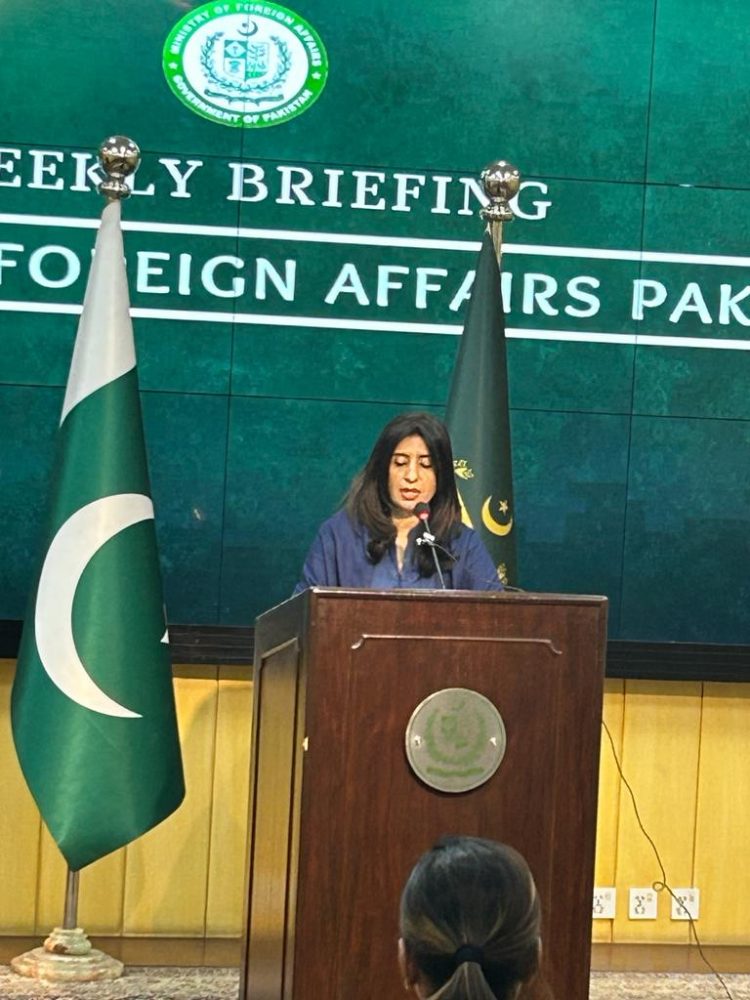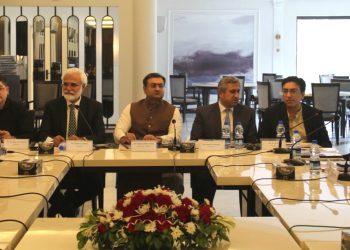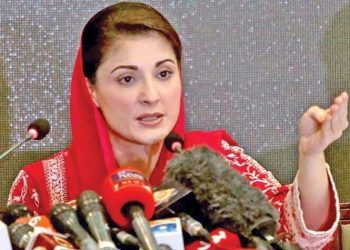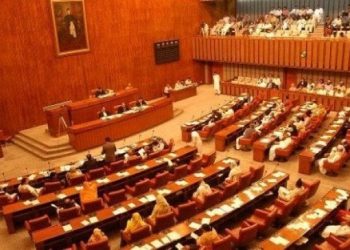By Naveed Siddiqui
ISLAMABAD: The Foreign Office (FO) expressed regret on Thursday over what it termed as “interference” by certain Western countries’ embassies in Islamabad. This follows their expression of concern regarding the handling of Baloch protesters by Islamabad Capital Territory (ICT) police last week. Foreign Office spokesperson Mumtaz Zahra Baloch emphasized Pakistan’s ability to manage its internal affairs, citing constitutional guarantees of freedom and existing laws to address such cases domestically.
In response to European Union Ambassador Riina Kionka and the Embassy of Norway expressing deep concerns, Baloch reiterated Pakistan’s commitment to protecting its citizens’ rights and criticized foreign embassies’ involvement in internal matters.
Addressing speculations about India formally requesting the handover of Jamaat-ud-Dawa chief Hafiz Saeed in connection with the Pulwama incident, Baloch dismissed such reports as speculative and refrained from commenting further.
On the diplomatic front, Baloch highlighted Pakistan’s active engagement in 2023, emphasizing key areas such as counterterrorism, arms control, and climate change. Bilateral talks with various countries, including China, Iran, Russia, the United Kingdom, and the United States, were mentioned. Additionally, negotiations with the Gulf Cooperation Council (GCC) for a Free Trade Agreement (FTA) were noted, signaling potential economic collaboration.
Baloch provided an overview of achievements, including Pakistan’s presence in multilateral forums, winning elections to significant bodies, and reinforcing partnerships with China, Türkiye, Saudi Arabia, and the wider Islamic world. Commitment to the China-Pakistan Economic Corridor (CPEC) and strategic engagements with Saudi Arabia were highlighted.
Regarding the United States, Russia, Afghanistan, and Iran, Baloch detailed positive trajectories, high-level visits, and cooperation in various sectors. However, she expressed disappointment over the lack of major developments in Pakistan-India relations, blaming a Hindutva-inspired nationalist government for hindering normal bilateral relations.
In conclusion, Baloch underscored Pakistan’s commitment to a policy of peaceful neighborhood, citing positive developments in relations with Sri Lanka, Maldives, Nepal, Bhutan, and Bangladesh. However, she reiterated the stance that normalization with India hinges on resolving outstanding disputes, particularly the core issue of Jammu and Kashmir. Additionally, she raised concerns about India’s use of military force in the India-administered region of Jammu and Kashmir, emphasizing Pakistan’s consistent advocacy for the Kashmiri people in bilateral and regional forums throughout the year.



















